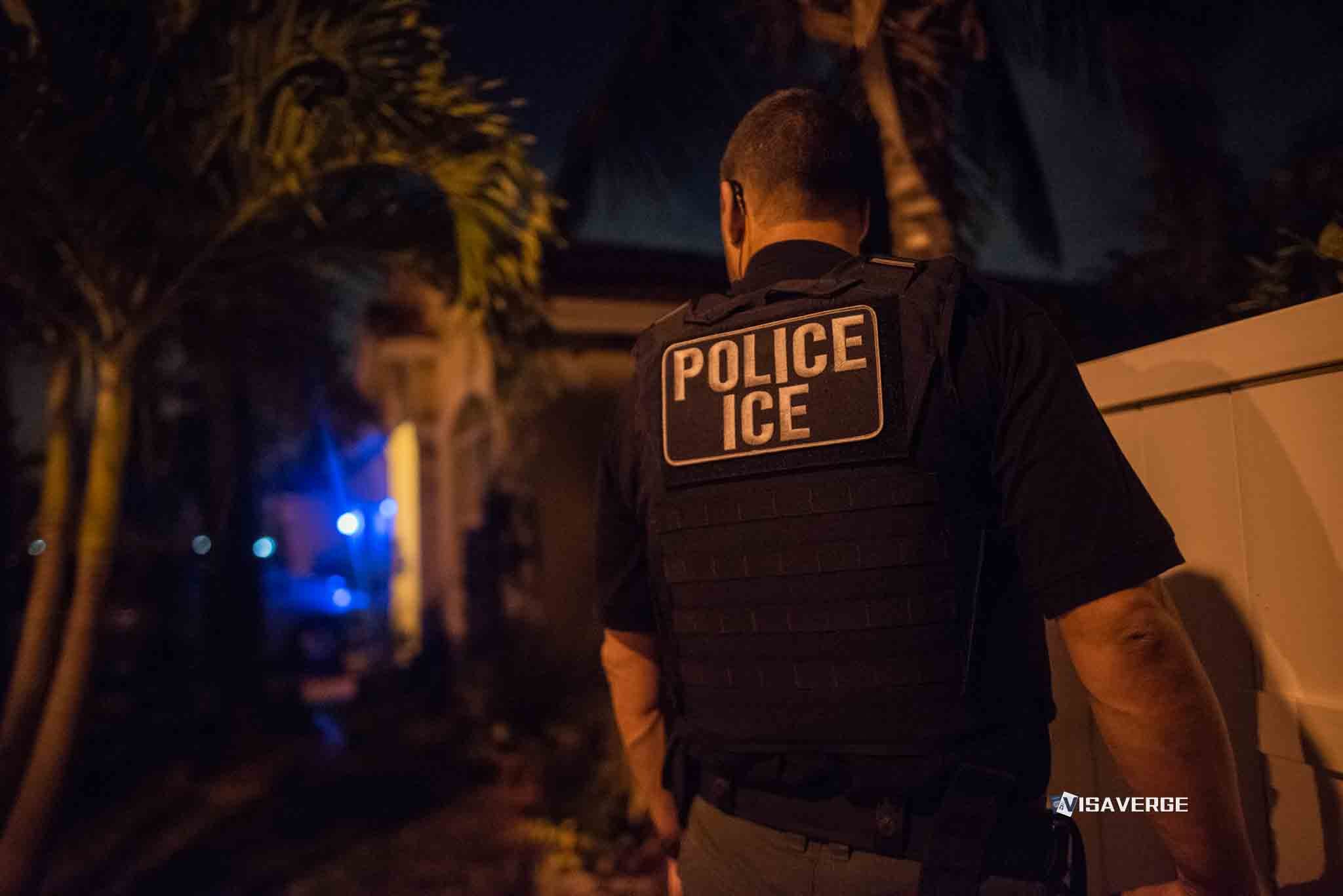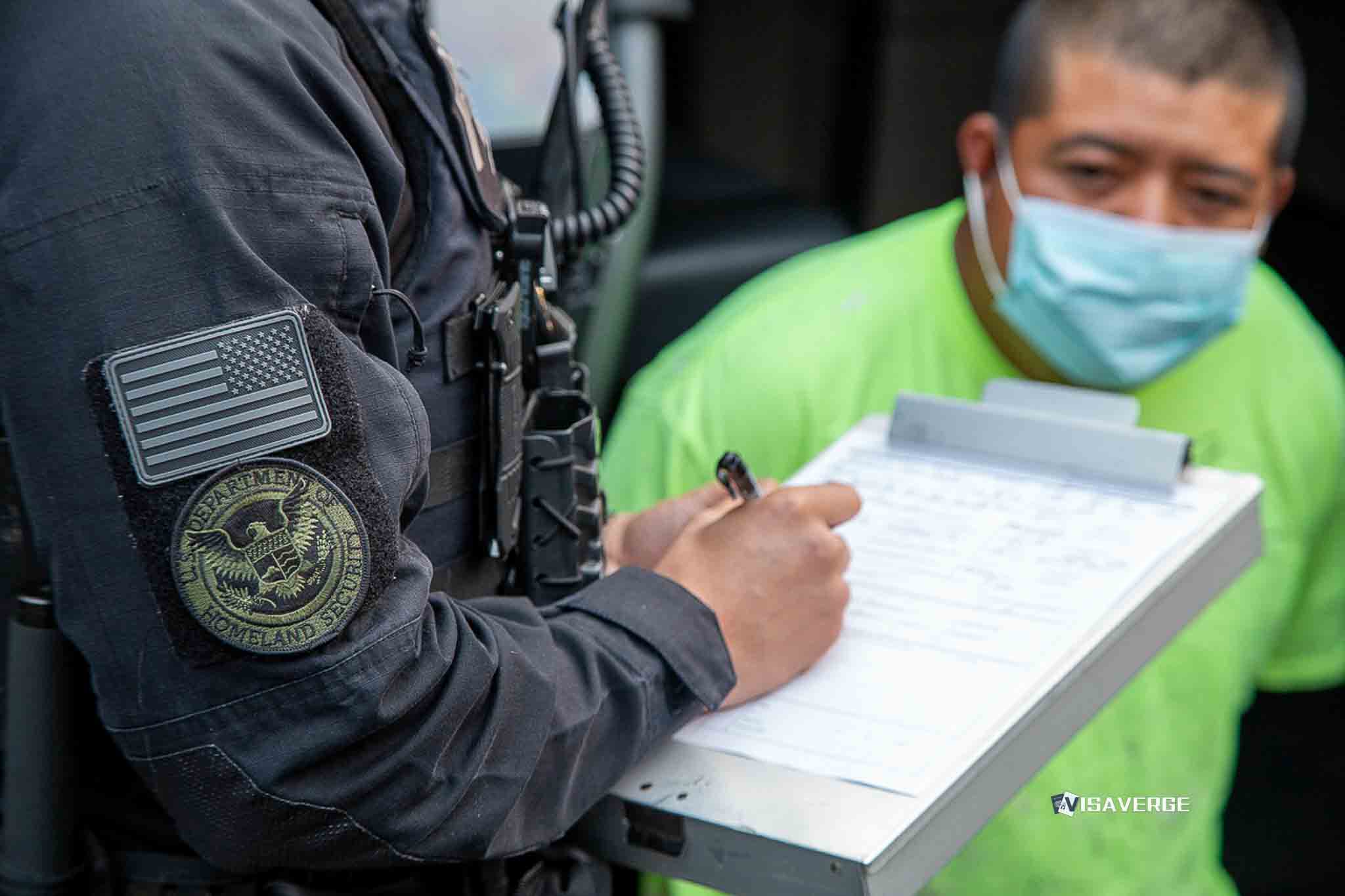In a turn of events that casts doubt on years of strife for thousands of international students in the UK, recent developments have ignited hope for individuals seeking to restore their tarnished reputations. The UK English test scandal, a saga that unfolded nearly a decade ago, has found its way back into the limelight as students persist in their fight for justice.
A Decade of Distress for International Students

Back in 2014, a BBC documentary ensnared the academic future of 35,000 international students, including a significant number of Indians, in a web of cheating allegations linked to English language tests. The UK Home Office, in a swift response to the documentary’s claims, cancelled the visas of these students, effectively rendering their presence in the UK illegal. This drastic action upended lives, leading to mass deportations and voluntary departures due to the threat of detention.
Reports suggest that the subsequent crackdown was fierce and swift. Approximately 2,500 students were deported post the enforcement actions, which included dawn raids on their residences. In fear, a further 7,200 students supposedly left the UK, while thousands remained to fight their cases against what they deemed “flawed evidence.” These students faced dire circumstances, including homelessness, crippling legal costs, and a plethora of stress-related health issues.
Uncovering the Flaws in the Evidence
The relentless pursuit of exoneration by the accused students began to bear fruit as judges and official watchdogs called the credibility of the evidence into question. This led to a ray of hope for many, with around 3,600 students successfully appealing against the Home Office’s decisions. Despite these successes, the cost of legal battles has been a significant barrier for the majority, who have struggled to amass the financial resources necessary for their defence.
Fresh Evidence and Renewed Efforts
According to a recent article in The Guardian, new evidence has emerged, compelling enough to challenge the legitimacy of the original cheating allegations. For the many affected, this is more than just about staying in the UK; it is about vindication and the removal of the stain that has marred their academic and professional narratives for years.
The Legal Path Forward
For those seeking justice, the legal landscape remains complicated. The high costs associated with mounting a legal challenge deter many from pursuing their rightful recourse. However, with each successful appeal, the momentum for truth escalates, providing a blueprint for those still mired in the struggle to clear their names.
Implications for Immigration Policy
The UK English test scandal raises critical questions about immigration policy and the treatment of international students. As these students endeavor to reverse the profound impacts of the Home Office’s actions on their lives, there is an urgent need for reassessment of the procedures and protocols that led to this far-reaching fiasco.
The controversy has not only affected personal lives but also the perception of the UK’s educational system and its fairness towards international scholars. It underscores the vital importance of due process and evidentiary standards in immigration enforcement, especially in cases with long-lasting consequences.
Seeking Support and Advocacy
Affected students, advocacy groups, and legal practitioners continue to band together, seeking to overturn unjust decisions and support those still battling allegations. As the fight continues, it serves as a stark reminder of the precarious nature of international students’ status and the significant repercussions that administrative decisions can have on their lives.
For individuals seeking advice, support, or information on related legal proceedings, it’s essential to consult with reliable and knowledgeable immigration experts. Official resources, such as the UK government immigration guidance and services (https://www.gov.uk/browse/visas-immigration), can also provide critical information and updates regarding immigration laws and appeals.
In conclusion, while the UK English test scandal has cast a shadow over the lives of many international students, the determination to clear their names and the emergence of fresh evidence might just turn the tides in their favor. Their stories are far from over, and the implications of their collective ordeal resonate beyond individual cases to spark crucial debates over fairness and justice in educational and immigration policies.
Learn Today:
Glossary or Definitions
- International Students: Individuals who come from foreign countries to study in academic institutions located in another country.
-
UK Home Office: The UK government department responsible for immigration, security, and law and order.
-
English Language Test Scandal: An incident involving cheating allegations related to English language proficiency tests taken by international students in the UK.
-
Visa Cancellation: The official action by a country’s immigration authorities to invalidate a person’s permission to stay in the country.
-
Mass Deportations: The process of forcibly removing a large number of individuals from a country due to immigration violations.
-
Exoneration: The act of proving someone’s innocence or clearing their name from accusations.
-
Appeal: The legal process through which a person asks a higher court to review a decision made by a lower court or government authority.
-
Due Process: The fair treatment and legal proceedings that an individual is entitled to receive under the law.
-
Evidentiary Standards: The criteria used to determine the quality and admissibility of evidence in legal proceedings.
-
Advocacy Groups: Organizations that work to support and promote the interests and rights of specific groups of people, often in relation to social or political issues.
-
Immigration Enforcement: The implementation of rules and regulations related to immigration by government authorities.
-
Legal Landscape: The overall situation and environment of laws, regulations, and legal practices within a particular jurisdiction.
-
Administrative Decisions: Rulings or determinations made by government agencies or officials in the course of their duties.
-
Reassessment: The review or reconsideration of policies, procedures, or practices to determine their effectiveness or necessity.
-
Legal Recourse: The available legal options or remedies that individuals can pursue to seek justice or resolve disputes.
-
Advocacy: The act of publicly supporting or recommending a particular cause or policy.
-
Precedent: A legal case or decision that serves as an example or authority for deciding similar cases in the future.
The UK English test scandal may have clouded the paths of international students, but with perseverance and new evidence, justice may prevail. For further insights on immigration issues and support, do check out visaverge.com. Remember, every story deserves a fair ending!
This Article In A Nutshell:
The UK English test scandal, ensnaring 35,000 international students in cheating allegations, is rekindling hope. Recent developments question the evidence’s credibility, sparking successful appeals. The road to justice is costly, hindering many. This saga reveals flaws in immigration policies and emphasizes the need for fair treatment and due process for international scholars.







